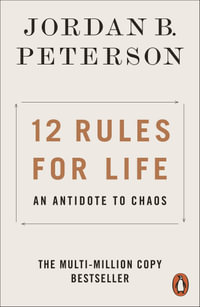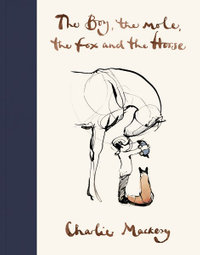Liberalism holds that individual freedom can be realized under capitalism. "Classical liberalism" tends to focus on excessive state interference as the primary threat to freedom. More recent theorists, however, recognize that capitalism, left to itself, would be characterized by mass social ills and argue that state intervention is necessary to guarantee individual freedom.
This book is a Marxist critique of liberalism. Prabhat Patnaik demonstrates that liberalism and Marxism provide vastly differing accounts of individual freedom and the forces that restrict it. In the Marxist view, people, contrary to appearances, lack real agency under capitalism. Competition coerces individuals to act according to the impersonal logic of capitalism, making them mere instruments of the system. In this way, capitalism creates universal alienation, and true individual freedom is possible only through overcoming it.
Patnaik argues that socialism can secure individual agency in both economic and political spheres, though actually existing socialism has failed in this respect. He also considers what a socialist society should look like: not a planned economy but a highly decentralized system in which citizens are directly involved in taking decisions affecting their lives and enjoy fundamental economic rights as well as political ones. Readable yet rigorous, Beyond Liberalism brings together political philosophy and political economy to offer a renewed vision of socialism.
Industry Reviews
Prabhat Patnaik's book, integrating perspectives from economics, philosophy, and politics, is a brilliant critique of the complicity of liberal doctrine with capitalism through its entire history: from its earliest formations in the seventeenth century through the extended period of European colonialism, the Keynesian caesura after the Second World War, down to the neoliberal period of globalized finance of our own time. -- Akeel Bilgrami, author of Capital, Culture, and the Commons
Prabhat Patnaik skillfully combines empirical evidence and philosophical reasoning to make an engaging and insightful interdisciplinary critique of liberal doctrine, questioning its account of capitalism at its avowedly strongest point: its claim to embody and promote individual freedom. -- David Leopold, author of The Young Karl Marx: German Philosophy, Modern Politics, and Human Flourishing
This book offers a deep analysis of the idea of individual freedom under capitalism. Patnaik first pursues this question through examining the works of major authors, including Locke, Smith, Keynes, and Marx. Within this framework, he then considers issues around colonialism, imperialism, socialism, and social democracy with insight and force. -- Robert Pollin, coauthor of Climate Crisis and the Global Green New Deal
























